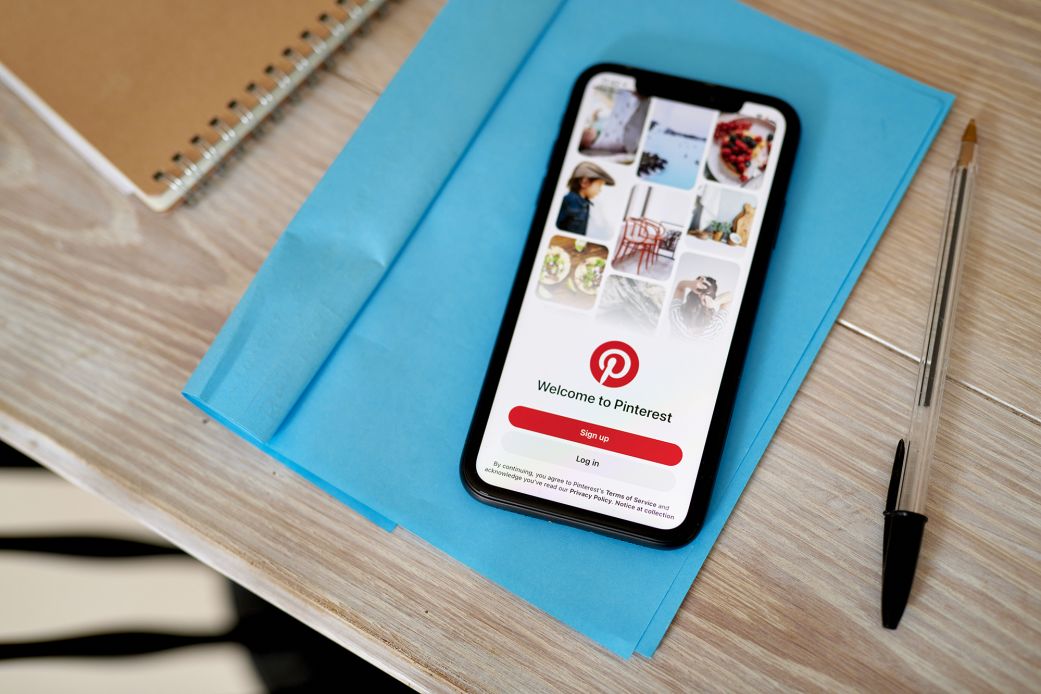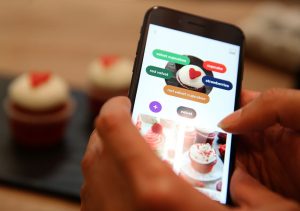Key Takeaways
- Pinterest users report frustration with increasing AI-generated content flooding the platform
- CEO Bill Ready is aggressively rebranding Pinterest as an AI-powered shopping assistant
- User engagement is declining as long-time users seek alternatives like Cosmos and Tumblr
- The platform faces tension between AI monetization and maintaining authentic user experience
Pinterest’s aggressive push into artificial intelligence is alienating its core user base, with long-time users reporting frustration over the platform’s flood of AI-generated content. The visual discovery platform, once known for human-curated inspiration, is now grappling with what users call “AI slop” that’s degrading the authentic experience.
Abigail Wendling, a 23-year-old regular user, told CNN she encountered bizarre AI-generated images including a one-eyed cat when searching for wallpapers and puzzling food images when looking for recipes. “I have to look over everything with a microscope now,” she said.
CEO’s AI-First Vision
Under CEO Bill Ready, who took over in 2022, Pinterest has aggressively repositioned itself from “a platform of window shopping” to “an AI-powered visual-first shopping assistant.” The company joins Google, OpenAI and Amazon in the race to revolutionize online shopping with artificial intelligence.
The platform boasts 600 million global monthly active users, with half being Gen Z, and recently reported 17% year-over-year revenue growth to $1 billion. Ready calls AI “the heart of the Pinterest experience,” with advertiser link clicks growing 40% year-over-year.
User Backlash Grows
Creative users express disappointment with the platform’s direction. Amber Thurman, 41, stated: “I want to see art that a human being has put time and effort into, not some gorge spit out by someone who typed a few words into an image generator.”
Pinterest has introduced measures like an AI content “tuner” and early adoption of AI image labeling. A company spokesperson acknowledged that “some want to see less of it” while maintaining that Pinterest “prioritizes high-quality content whether it’s AI-generated or not.”
From Inspiration to Shopping Platform
The platform’s transformation marks a significant shift from its original purpose. Founder Ben Silbermann told CNN in 2019 that Pinterest’s primary goal was inspiration, with users curating mood boards and recipes.
Now, the company is introducing AI features including a shopping assistant that acts as “a best friend.” However, users like creative director Hailey Cole question this direction: “I’ve heard the CEO say Pinterest is a shopping app; I don’t know where he came up with that.”
The AI Content Problem
AI-generated posts often lead to external websites profiting from affiliate marketing. One search for “chocolate chip cookie recipe” led to an AI-generated chef image and a recipe nearly identical to ChatGPT output.
Casey Fiesler, University of Colorado professor, warned that even negative engagement signals the algorithm to show more AI content. Tony Sampson of University of Essex noted platforms are “degrading user experience and long-term trust” for short-term metrics.
Ready acknowledges the challenge, comparing AI’s trajectory to Photoshop and predicting “almost every piece of content you see will have been at a minimum edited by AI.”
As users migrate to alternatives like Cosmos and return to Tumblr, Fiesler observed: “They used to see a lot of human-created content that they found inspiring, and now it’s just a lot of very non-human, perhaps not inspiring content.”







